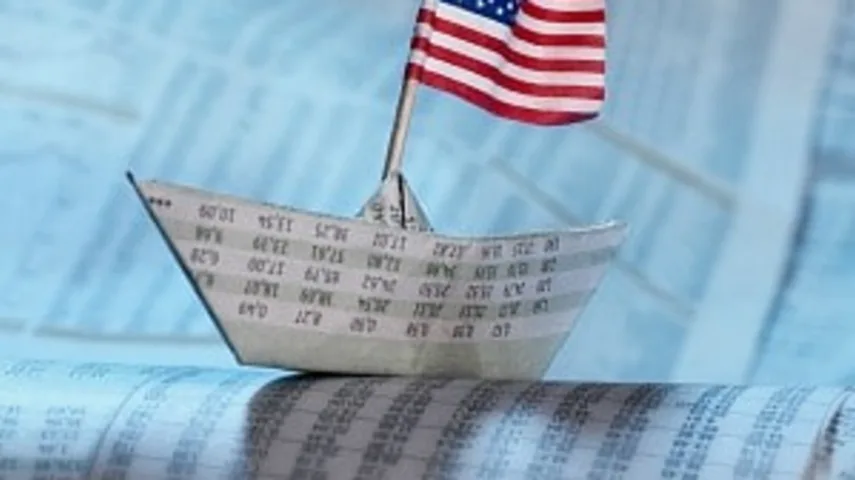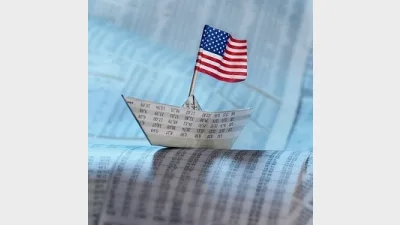Travel ban could push US into recession



The benefits of US President Trump’s $50 billion stimulus package appear likely to have been squandered by an ill-considered blanket ban on all European travel that may push them towards recession, according to BetaShares.
David Bassanese, BetaShares chief economist, said trade and travel restrictions to contain the pandemic would succeed in pushing the US economy to recession.
“With local recession risks growing and uncertainty as to how much damage the coronavirus will inflect on the US economy in particular, share markets have understandably declined from peak levels in recent weeks,” Bassanese said.
“That said, the speed of the decline has been surprising and suggests an element of panic is creeping in.”
In an Oval Office address on Wednesday night, President Trump said he had instructed the Small Business Administration (SBA) to exercise available authority to provide capital and liquidity to firms affected by the coronavirus.
“Effective immediately, the SBA will begin providing economic loans in affected states and territories,” President Trump said.
“These low-interest loans will help small business overcome temporary economic disruption, caused by the virus.
“To this end I am asking Congress to increase funding for this program by an additional US$50 billion.”
President Trump had also taken to Twitter in an attempt to assure investors and the general public that trade would not be affected by the travel ban.
“Hoping to get the payroll tax cut approved by both Republicans and Democrats, and please remember, very important for all countries & businesses to know that trade will in no way be affected by the 30-day restriction on travel from Europe. The restriction stops people not goods,” President Trump said.
The travel restrictions would go into effect on Friday at midnight, US Eastern Standard Time.
Bassanese said coronavirus would hurt global economic growth in the short-term, likely for the next three months, as China appeared to be past the worst point.
“The problem now is that the US challenge is only just beginning; if America tries to do what China did in containing the virus, a recession there is virtually assured,” Bassanese said.
“If so, equity prices could drop a lot further, deeper into bear market territory. But chances are that the US measures won’t be that drastic.
“I still suspect what will see in the US is something like the swine flu outbreak of 2009, where efforts at closing down the economy to contain what ended up a relatively mild flu were not pursued.”
Recommended for you
Evidentia’s chief investment strategist Nathan Lim has announced his retirement after a 30-year career.
GQG Partners has marked its fifth consecutive month of outflows as its AI concerns lead to fund underperformance but overall funds under management increased to US$166.1 billion.
Apostle Funds Management is actively pursuing further partnerships in Asia and Europe but finding a suitable manager is a “needle in a haystack”.
Managed account provider Trellia Wealth Partners, formed from the merger between Betashares and InvestSense, has appointed its first managing partner.











